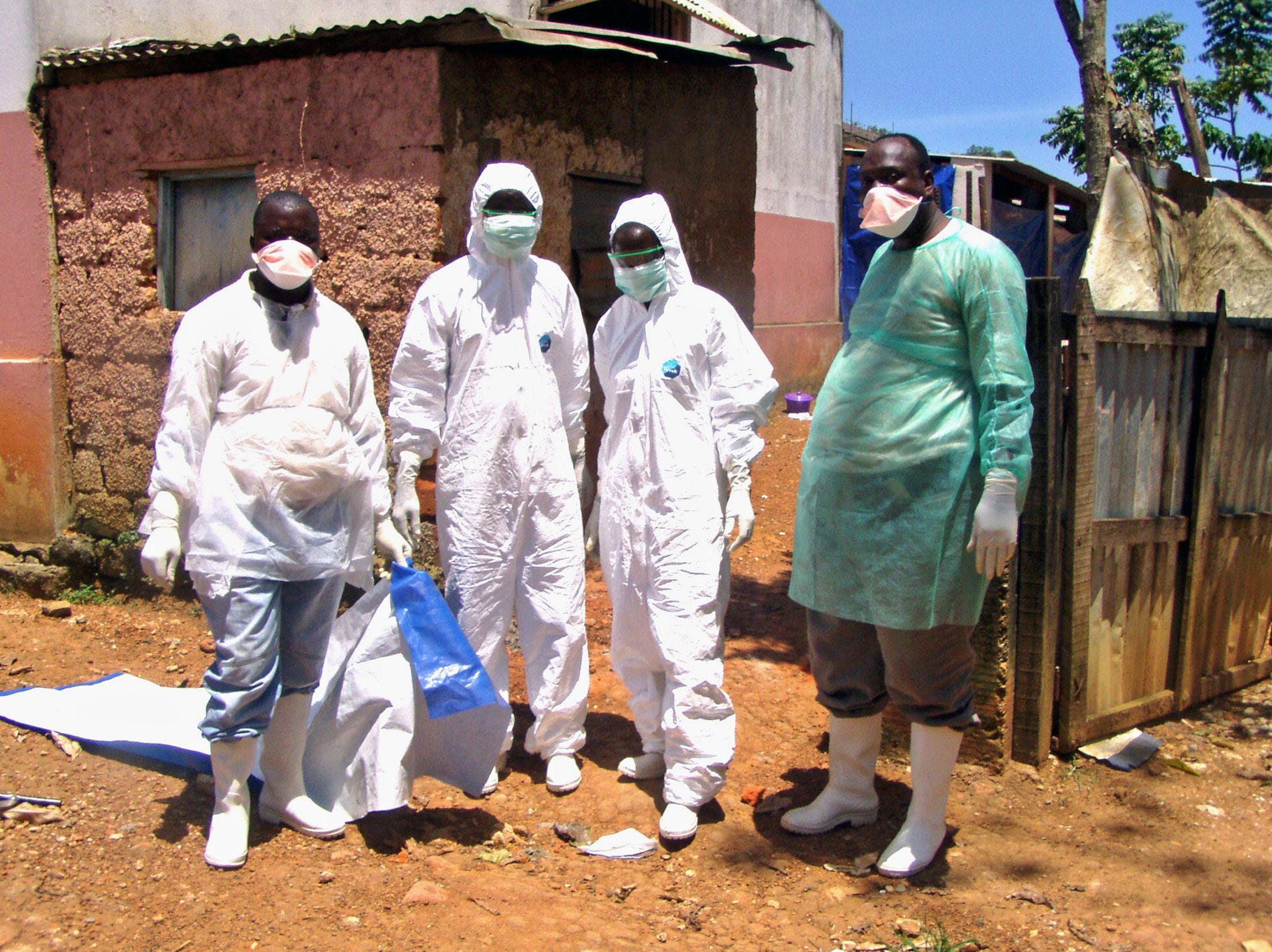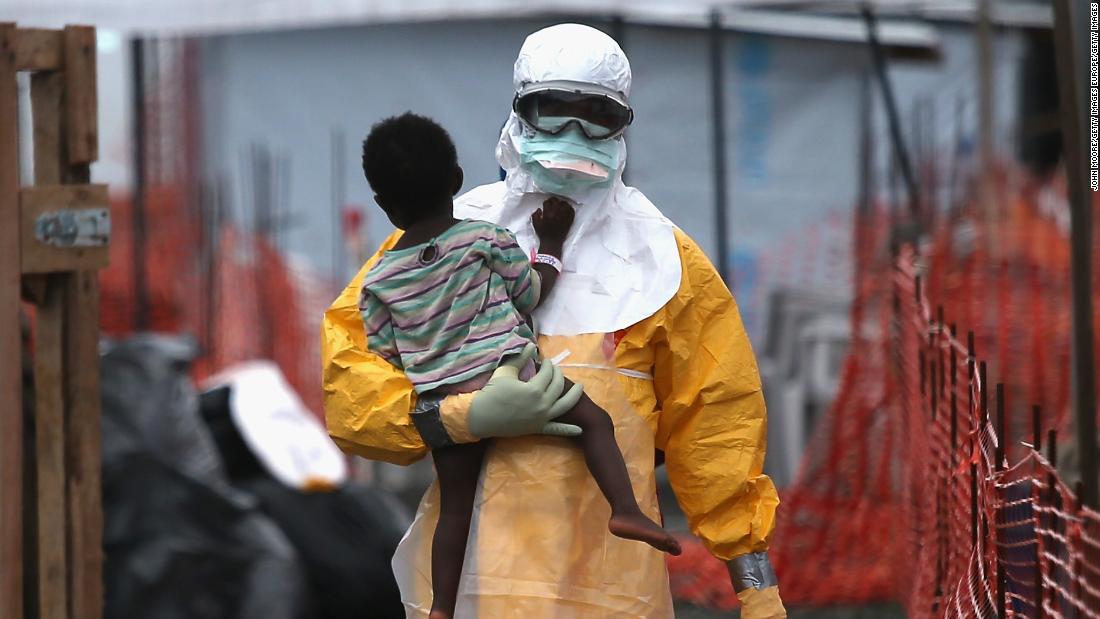Understanding Ebola: A Deadly Virus and Its Impact on Global Health
Table of Contents
- U.Va. Team Identifies, Maps Unique Structure Within Deadly Ebola Virus ...
- Outbreak of Ebola-like Marburg fever kills man in Uganda | Fox News
- Ebola Symptoms Explained
- Ebola: How this virus sparked a global health revolution - CNN
- Breakthrough in rapid, mass screening for the Ebola virus
- Ebola Virus Disease (Ebola) - Sintomas at Sanhi | Mediko.ph
- The Ebola virus mutated to better infect humans during the 2014 ...
- Ebola airport checks expand; nurses get training - FOMAT
- Ebola: Disease forecast model gave accurate numbers of infections ...
- Ebola Virus Disease (Ebola) - Sintomas at Sanhi | Mediko.ph



What is Ebola?



Transmission and Outbreaks


Symptoms and Diagnosis
The symptoms of Ebola can appear anywhere from 2 to 21 days after exposure to the virus. The early symptoms are non-specific and can be similar to those of other diseases, such as malaria and typhoid fever. As the disease progresses, the symptoms become more severe and can include bleeding, organ failure, and shock. Diagnosis is typically made through laboratory tests, such as PCR (polymerase chain reaction) and ELISA (enzyme-linked immunosorbent assay).
Treatment and Prevention
There is no specific treatment for Ebola, and the primary approach is to provide supportive care, such as fluid replacement, oxygen therapy, and management of symptoms. Several experimental treatments, including vaccines and antiviral medications, are being developed and tested. Prevention is key to controlling the spread of Ebola, and this includes avoiding contact with infected individuals, wearing personal protective equipment (PPE), and practicing good hygiene.
Global Response and Efforts
The global response to Ebola has been significant, with various organizations, including the WHO, the Centers for Disease Control and Prevention (CDC), and non-governmental organizations (NGOs), working together to combat the disease. These efforts include providing medical care, conducting research, and implementing public health measures to prevent the spread of the disease. In conclusion, Ebola is a deadly and highly infectious disease that poses a significant threat to global health. Understanding the symptoms, transmission, and prevention of Ebola is crucial in controlling the spread of the disease. While there is no specific treatment for Ebola, ongoing research and development of experimental treatments offer hope for the future. By working together, we can reduce the impact of Ebola and protect communities around the world.For more information on Ebola, visit Ebola - Wikipedia.
Note: The article is optimized with the following keywords: Ebola, Ebola virus, symptoms, transmission, treatment, prevention, global health, WHO, CDC, Wikipedia.